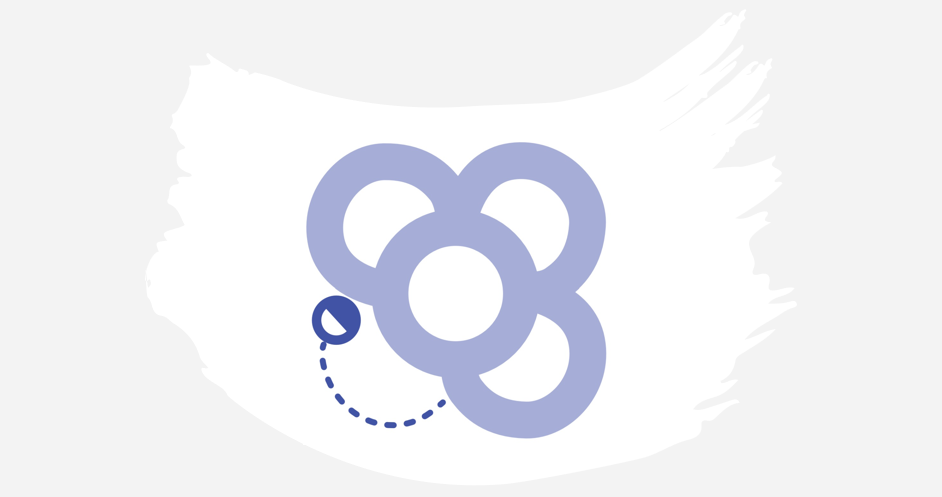Description
The development of active nano- and microsystems has attracted special interest both in the biomedical (e.g., drug delivery) and environmental (e.g., detection, remediation) fields. Their ability to be selectively functionalized and promote localized mixing at the micro/nanoscale accelerates reaction processes, as well as envisioning its use as advances sensing platforms. Research in this area spans from understanding the mechanisms behind their mobility, including the corresponding hydrodynamic studies and collective behavior, and reactivity to exploring their practical applications.
This symposium focuses both on the fundament and applied studies around active microsystems, with the aim of fostering networking opportunities and collaboration within Spanish groups, as well as how to promote and pushing forward our research internationally. The multidisciplinary nature of active nano- and microsystems motors encompasses a wide range of expertise, requiring not only a deep understanding of material reactivity but also on the physical events related that promote their enhanced motion. In that regard, both chemistry, physics and engineering meets, and this is reflected in this Symposia, organized both by researchers at the Chemistry Faculty and Physics Faculty at the University of Barcelona.
Key information
When?
23rd - 25th October 2024
Where?
The symposium will take place at the University of Barcelona, in the Faculty of Chemistry and Physics, at the Aula Magna (sala Enric Casassas).
Why?
The goal of this symposium is to provide a platform for meaningful scientific exchange, fostering discussion and networking among researchers, particularly those working on active nano- and microsystems in Spain.
To whom is this directed?
This event is open to anyone with an interest in the field of active matter, whether you are an expert or simply curious about the latest interdisciplinary advancements in active nano- and microsystems.
How much does it cost?
There is no registration fee for this symposium.
What's including?
23/10/24 (Afternoon): Guided tour of the experimental labs working on nano- and microactive systems at both the Faculty of Chemistry and the Faculty of Physics.
24/10/24 (All day): Plenary and invited talks, as well as a poster session during the coffee break.
25/10/24 (Morning): More plenary and invited talks, a second poster session, and a roundtable discussion to close the symposium and frame the future of the field in the Spanish context. With small surprise from the Nanoinventum program!
Do you have any questions?
Feel free to reach out to us at ames24@ub.edu
Poster presentations
-
1st poster award: Kindle + 1 year membership at the Royal Society of Chemistry + 1 bottle of the UB
-
2nd poster award: UB official sweater + 1 year membership at the Royal Society of Chemistry + 1 bottle of the UB
-
3rd poster award: UB official sweater + 1 year membership at the Royal Society of Chemistry + 1 bottle of the UB
Lab Tours on the 23/10/2024
Organizing Committee
- Dr. Julio Bastos-Arrieta
Departament d’Enginyeria Química i Química Analítica, Institut de Recerca de l’Aigua
(IdRA), Facultat de Química, Universitat de Barcelona - Dr. Jordi Díaz Marcos
Centres Científics i Tecnològics de la UB (CCiTUB), Institut de Nanociència i Nanotecnologia de la UB (IN2UB), Universitat de Barcelona - Dra. Maria Guix
Departament de Química Física, Institute of Theoretical and Computational Chemistry (IQTC), Facultat de Química, Universitat de Barcelona - Dr. Ignasi Pagonabarraga
Departament de Física de la Matèria Condensada, Institute of Complex Systems (UBICS), Facultat de Física, Universitat de Barcelona - Dr. Josep Puigmartí Luis
Departament de Química Física, Institute of Theoretical and Computational Chemistry (IQTC), Facultat de Química, Universitat de Barcelona
Acknowledgements
We acknowledge the María de Maeztu Unit of Excellence 2021 CEX2021-001202-M.
Special thanks to the support of projects PID2022-136709OB-C22 financed by MICIU/AEI/10.13039/501100011033 and by FEDER, EU.

Sponsors
- Facultat de Química de la Universitat de Barcelona
- Facultat de Física de la Universitat de Barcelona
- Institut de Recerca de l’Aigua (IdRA)
- Institut de Nanociència i Nanotecnologia (IN2UB)
- Institut de Química Teòrica i Computacional (IQTC)
- Institut de Recerca en Sistemes Complexos de la Universitat de Barcelona (UBICS)
- Grupo Especializado de Nanociencia y Materiales Moleculares (GENAM) de la Real Sociedad Española de Química (RSEQ)
- Secció territorial de la RSEQ
- Survey and Foresee Technologies S.L.L. (SFTec)
- ZEISS España
- Nanoscale Journals from the Royal Society of Chemistry

Organizers and collaborators

Follow us:




